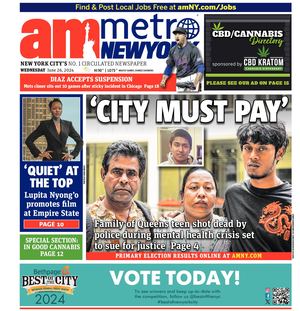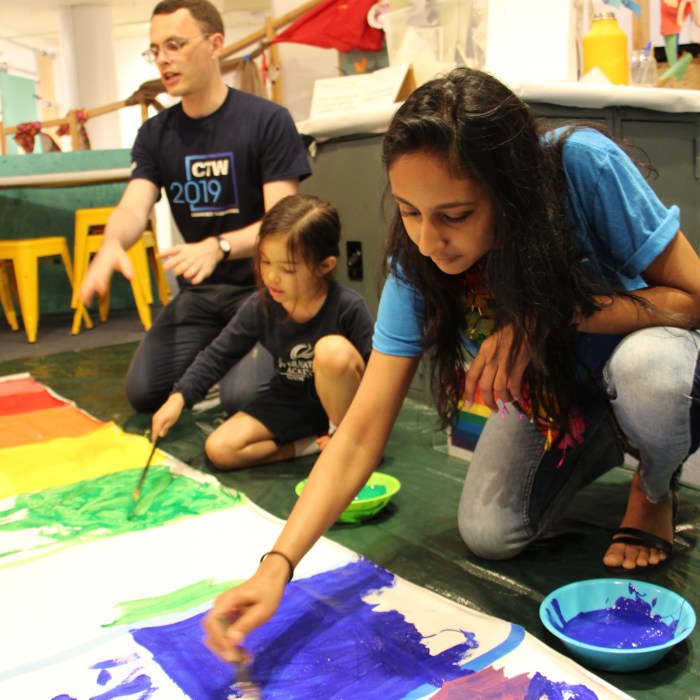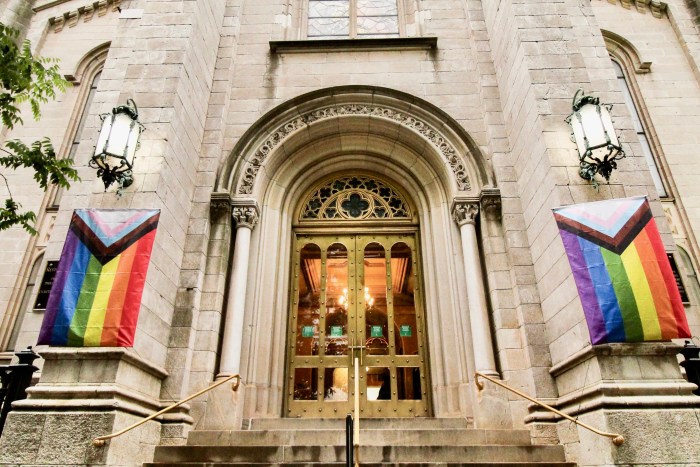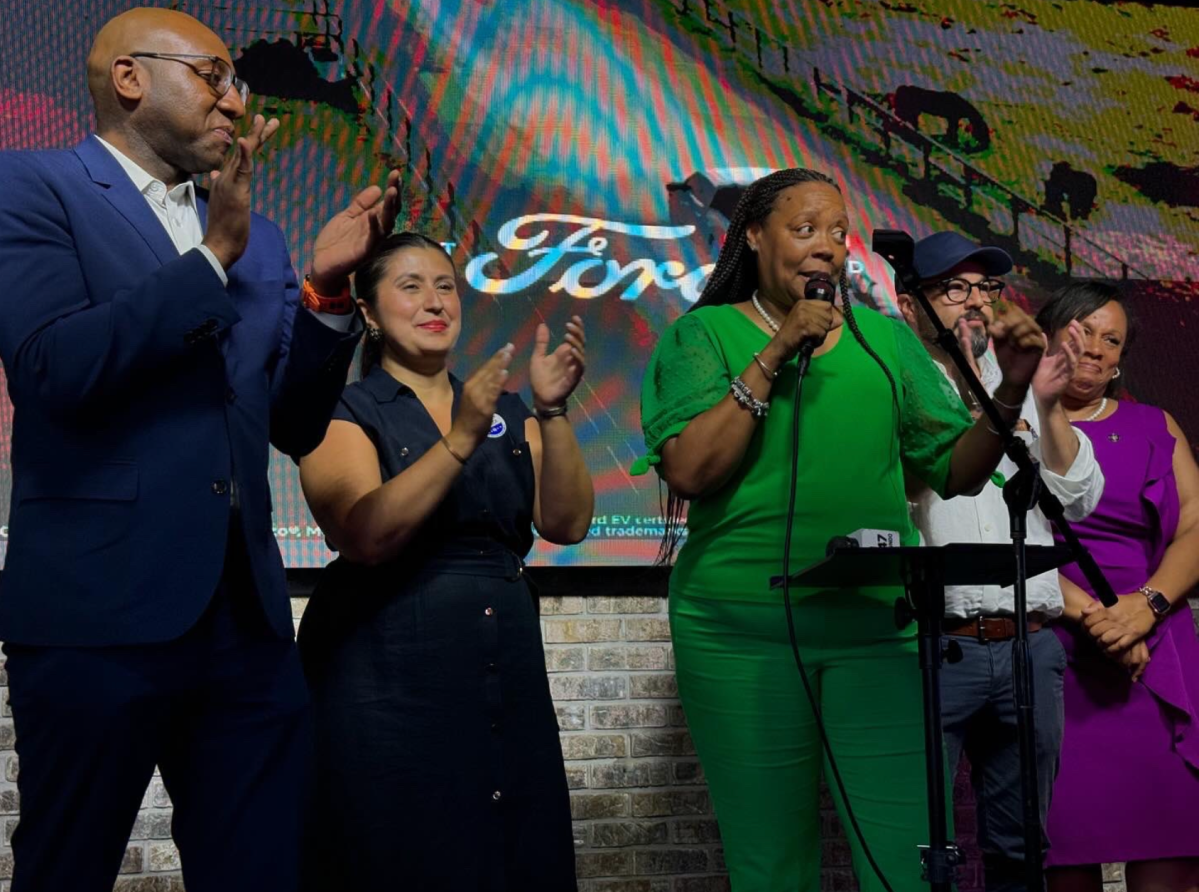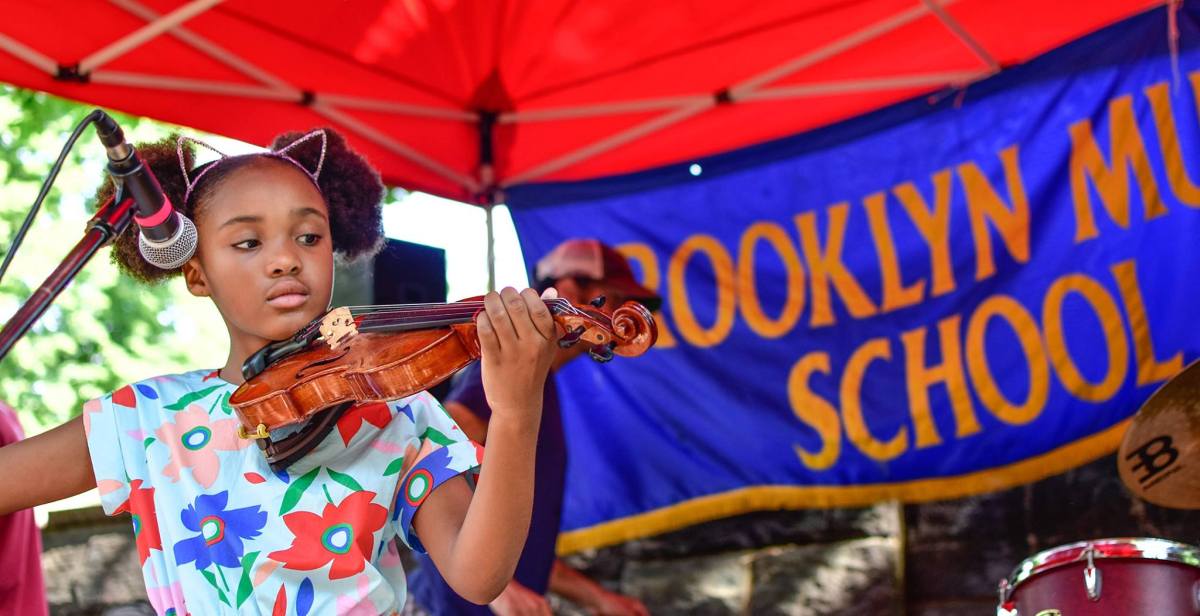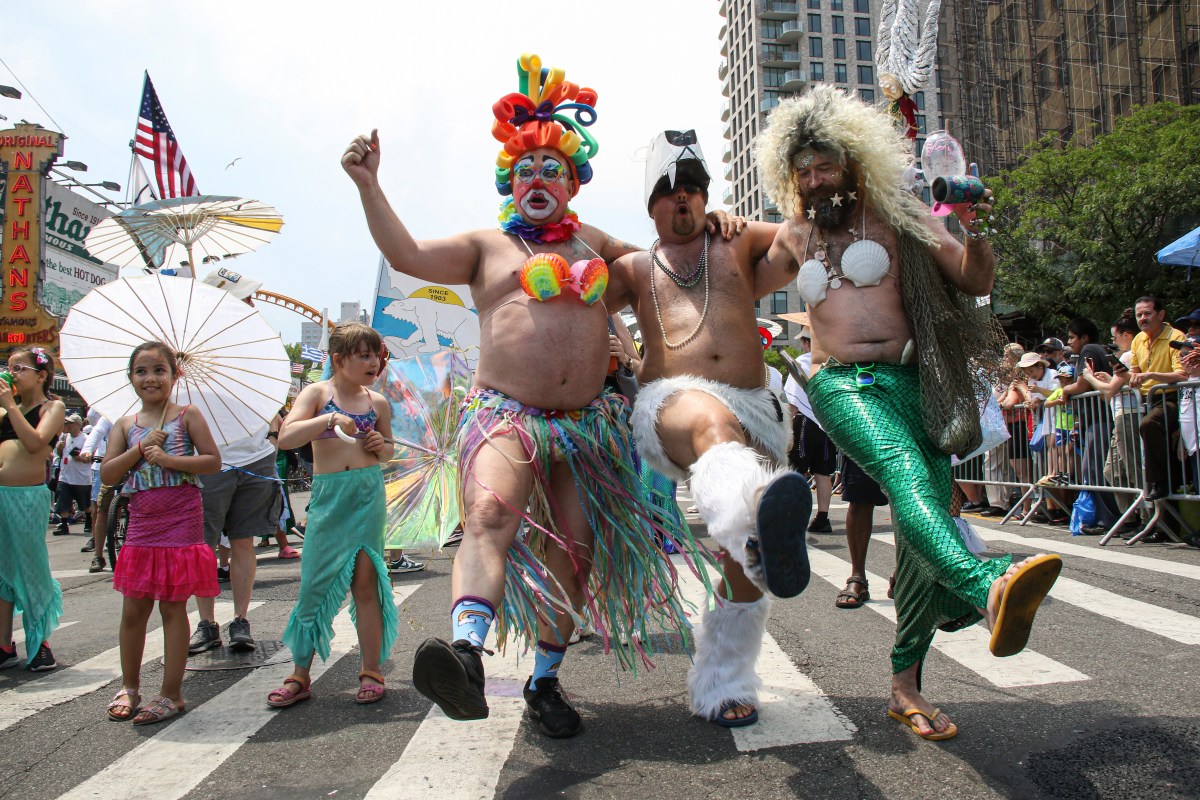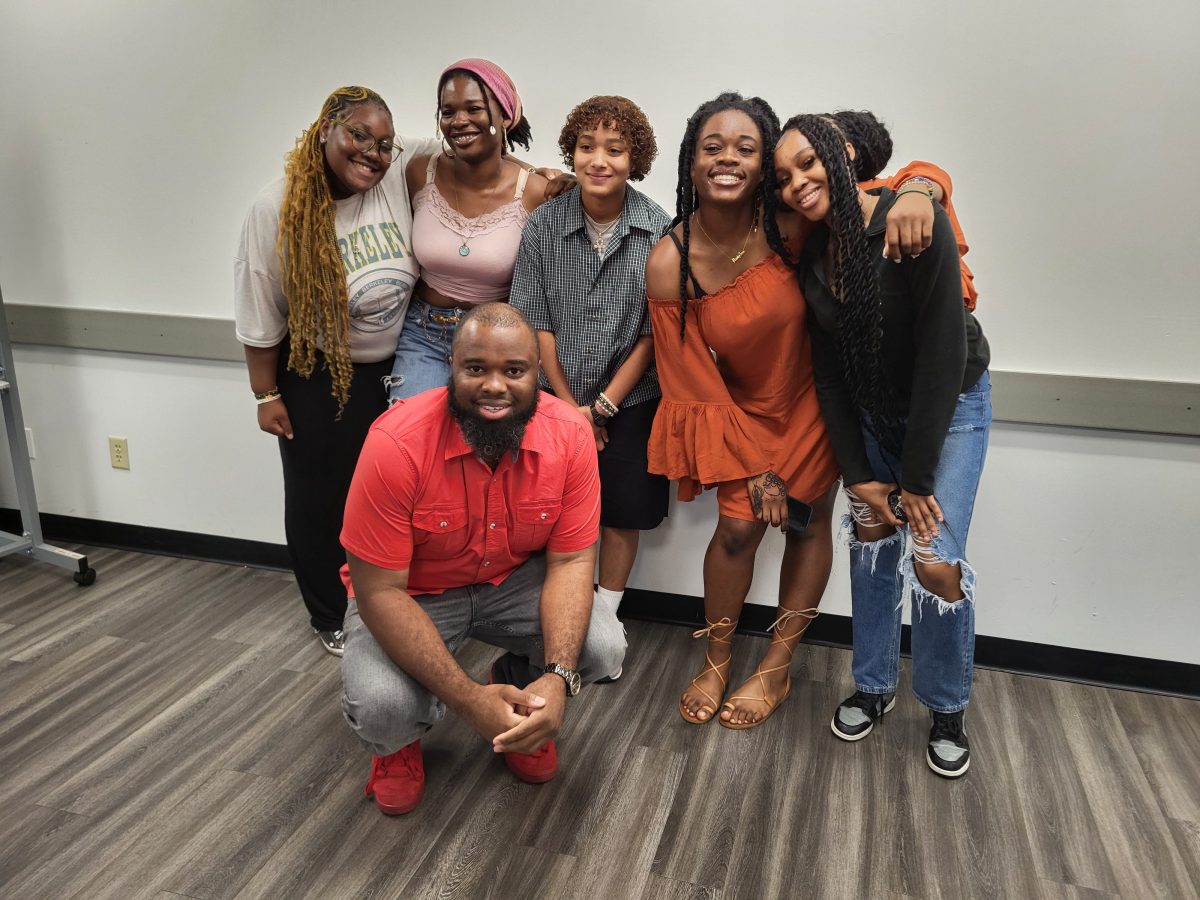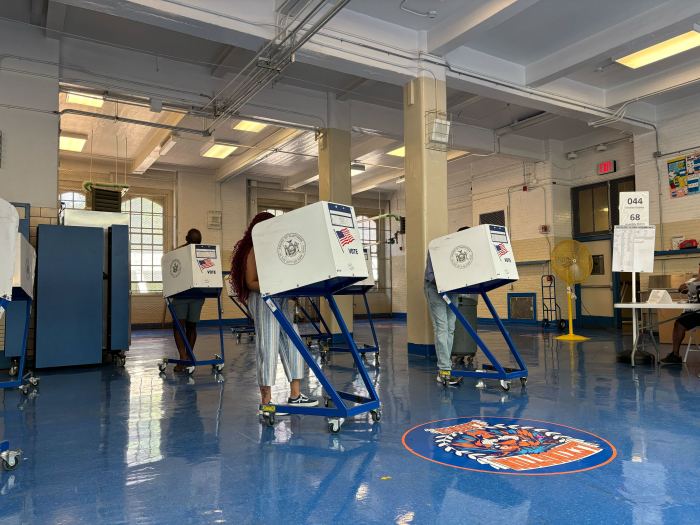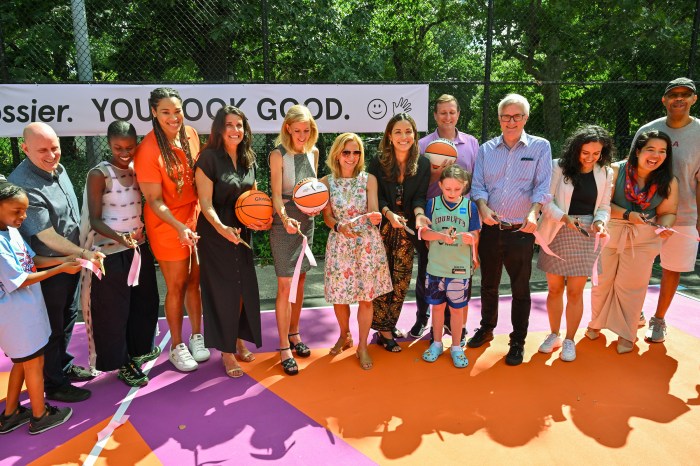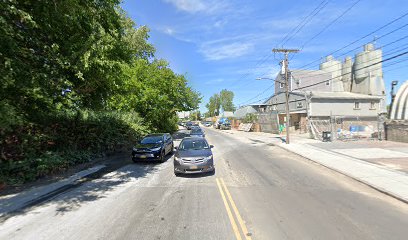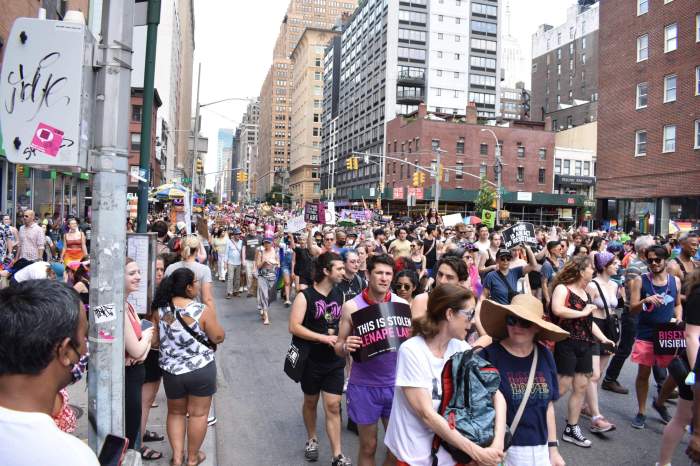By Joy Wiltermuth
The mission of SAGE — the country’s oldest, nonprofit agency providing services and advocacy for gay, lesbian bisexual and transgender senior citizens — has been undergoing a change.
The dynamic is reflected in the group’s name, which recently changed from Seniors Active in a Gay Environment to Services and Advocacy for L.G.B.T. Elders.
A survey conducted in 2004 by SAGE and the Brookdale Center on Aging at Hunter College, showed L.G.B.T. seniors were twice as likely to live alone than others; less than half had close relatives to call for help.
In terms of daily life, the statistics mean L.G.B.T. seniors run a high risk of falling through the cracks.
“Our country’s senior services are built on the assumption that you have at least one person at home that can provide caregiving,” said Karen Taylor, SAGE’s director of advocacy and training. She said L.G.B.T. seniors often have no one to help get them to doctor’s appointments and no children they can fall back on for help.
John Naranjo, 80, lives alone in Staten Island. He comes to the SAGE Drop-In Center, in the West Village, every weekday. The center is in a small, lively space off the hall on the first floor at 208 W. 13th St. The walls are decorated with artwork, mostly done by SAGE seniors.
“We are all gay, so we come here. There’s nowhere else to go,” he said.
Naranjo served 22 years as a judge advocate general in the Army. He traveled the world during his career and lived in Paris, London, Germany and the Far East. But Hong Kong, where he stayed briefly, was the place he liked best.
“Paris was also beautiful,” he said.
After retiring from the Army, he worked at Chemical Bank, where he investigated fraud and embezzlement.
“Sometimes the tellers had sticky fingers, too,” he said. Now, he said he enjoys being a host at the SAGE center, where, he noted, “There is always coffee and cookies.”
Elaine Malina, 65, lives down the block from the SAGE senior center. Despite bad knees, she walks over every day, mainly coming for the camaraderie.
“We are all family,” she said. “On Tuesdays, you can’t get in here.”
Yet for the aging, there may be solidarity in numbers. Baby boomers hitting retirement are swelling the ranks of organizations that provide senior services.
“We have a population of people that are going to be less likely to acquiesce,” said SAGE’s Taylor.
In October, AARP, the country’s largest organization for seniors, with 39 million members, will sponsor SAGE’s national conference on L.G.B.T. aging.
“When you are working with an organization that large,” Taylor said, “there is a tendency to have to play your politics to the middle. And, we’ve certainly seen that in the past.”
Yet, at the same time, she noted, there have been a lot of improvements in how service providers and senior centers are dealing with L.G.B.T. aging today, making gay and lesbian seniors feel more welcome and safe.
Taylor said a large number of SAGE participants go for lunch at Manhattan’s settlement houses.
“They go for a meal, which no L.G.B.T. senior program in New York City has,” she said, “and then they leave and go somewhere they feel more comfortable.”
Jerre Kalbas has been with SAGE since it opened its doors in 1978. The 90-year-old said she was shy back then and did not do much speaking. Instead, she took photos and put up posters. Kalbas also took care of electrical and maintenance issues at the building.
“I’m pretty mechanically inclined,” she noted.
During World War II, Kalbas worked as an electrician on ships docked in California.
“I was a regular Rosie the Riveter,” she said. She loved the work, but said the union refused to back raises for the women — an increase from 95 cents to $1.20 an hour — that they had earned.
“The union would not do anything for us,” she said. “They only wanted to collect the initiation fees and dues. I fought it and got it, not only for me, but for the other women, too.”
After the war was over, she returned to New York in the rumble seat of a friend’s car. The trip took six days and it was cold.
“Most people don’t know what a rumble seat its,” she said. She came determined to put her skills to work.
Although she encountered some roadblocks in her field due to sexism, she eventually was able to open her own machine shop, and specialized in doing jobs for local magicians.
“Like the electric light-bulb swallowing trick,” she said. “I’m not going to tell you how I did it.”
Kalbas lives in affordable Section 8 housing in the East Village. For years, she lived around the corner from the SAGE center on W. 13th St. She doesn’t really have friends in her current residence, however.
“There are 14 floors of people in this building,” she said. “They are gossips. They will be shocked to learn a gay person lives in their building.”
According to the Centers for Disease Control, one-third of people in New York City infected with H.I.V. are more than 50 years old — a fact that is not being discussed, Taylor said.
“We have a strong tendency to assume that once you hit a certain age you stop having sex,” she said. SAGE teaches staff at other service providers how to talk about sex with seniors, and has taken the lead on H.I.V. awareness and sexual health campaigns in senior centers.
Last month, SAGE passed out more than 3,000 free NYC Condoms at a health fair.
“Inevitably, there will be someone who says they don’t need them,” Taylor said. But, when the condoms are put out, she said, “Inevitably, people would take them.”
